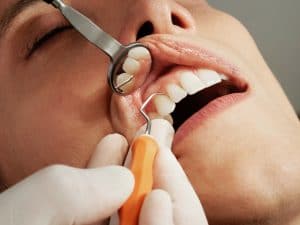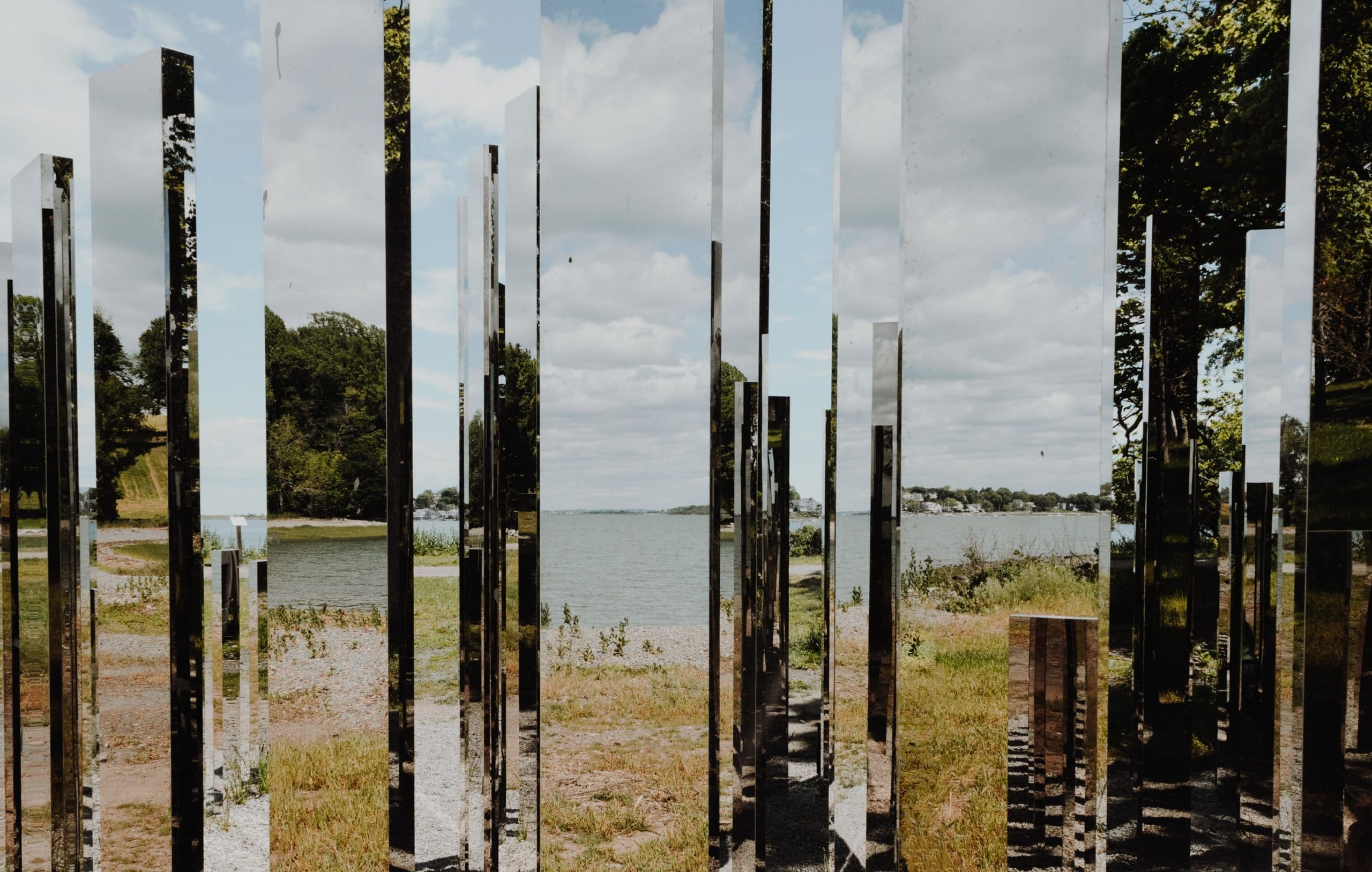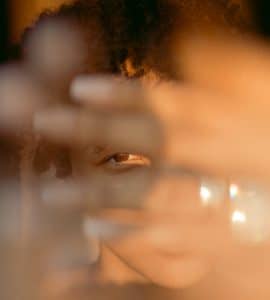The year was 2009. The city was Chattanooga, Tennessee. My age was 10, and I was recently rehabilitated from a dire, life-long habit of thumb-sucking. Like all addictions, it was not without consequences. With buck teeth before me and parents behind me, I entered the orthodontist’s office. And as we waited in that sterile vestibule, perusing the various orthodontic devices on the desk, my own mother committed an unforgivable sin against me: she jinxed me. Hard.
“Look at this thing!” she said, holding up a particularly gruesome headgear-style device. “At least you don’t need this.” I know now she was ignorant of the jinx; surely she believed it was a mere braces consultation. But she might’ve had the courtesy to knock on wood after the utterance, because not 30 minutes later, I was told that fixing my bite would require a year of that gruesome headgear thing.
There is not a person alive, outside my family, who saw me with that appliance and has maintained regular contact with me. Seldom were pictures taken of me that year, and few of those survived. I live as though I was born with this perfect jaw, but every time I take a bite of a large sandwich, eat popcorn, or sleep on my side, I am reminded of the psychological and social sacrifice it required.
That was as unnecessarily dramatic a retelling as I could stomach, but it all goes to say that there was a period of my life when dental health was at the forefront of my consciousness. Consequently, I had dental mirrors stuck in my mouth more frequently than the average person.

I’ve always been fascinated at the ease with which dental professionals use their tiny mirrors. I never could get the hang of it; I’m secure enough to admit that I’m often quite confounded by backwards images. But my hygienist is able to discern and interpret a world of information with just a quick little turn of her instrument. It’s really quite amazing what a discovery of plaque or discoloration on a remote surface of one tooth can spell for an individual’s overall health.
To speak of other, unrelated subjects of my admiration, I’d like to tell you in brief about three of my friends.
1. I have a friend who embodies the character of God so well to me. Every time I interact with this friend, I am reminded of another attribute of God which I must endeavor to emulate. It is inspiring (and frustrating) to know someone who re-acquaints me so regularly with my own shortcomings.
2. I have a friend who joyfully tells me of the work of God in their life. I know that I can count on this friend to see the Father at work in even mundane occurrences, and to rejoice over that which He is doing in my own life.
3. I have a friend in whom God’s transformative work of salvation is taking place. Rarely have I been able to see His clear and deliberate work in such near detail. To love someone as the old passes away and the new creation comes is an incredible gift.
My old fictional friend Valjean once proclaimed, “To love another person is to see the face of God.” And I tell you about these people (and though I’m thinking of three specific ones, these descriptions could apply to many) because I love them with all the fervency my vain, tiny human heart can muster.
Languishing in a world so far removed from the oneness with God for which we were intended, any askance glimpse at the face of God is something I cling to.
But, though it pains me to say it, I must disagree with old Valjean. While these people are Godly, and wonderful, and invaluable gifts to me, they are not God Himself, and loving them is not seeing His face. They’re rather like God’s dental mirror: a magnified reflection of just one tiny aspect of Him. One cannot know the Master of the Universe by loving another flawed human, just as one cannot see an entire face by looking at the lingual surface of the second molar. What a disservice we do to His glory in assuming there is nothing left of it to discover.
This reassurance comforts me, as I hope it will comfort you. The sorrows and longings of this sin-warped existence are real and painful. For me, many of them spring from a seemingly never-fulfilled desire for goodness, intimacy, and unconditional love in my relationships. But I am reminded that, though the people of this world may show me some of the nature of God, His fullness is still to be revealed. That brings me hope for a world where headgear and dental mirrors are obsolete, and a love which I have not fully known yet.
Reality Changing Observations:
1. What partial and imperfect images of God make up your understanding of Him?
2. Who in your life shows you some of the nature of God?
3. What uncomfortable or painful experiences have led you to deeper wisdom about God and yourself?






